‘We invest in biodiversity not only for impact, but also for profitability’
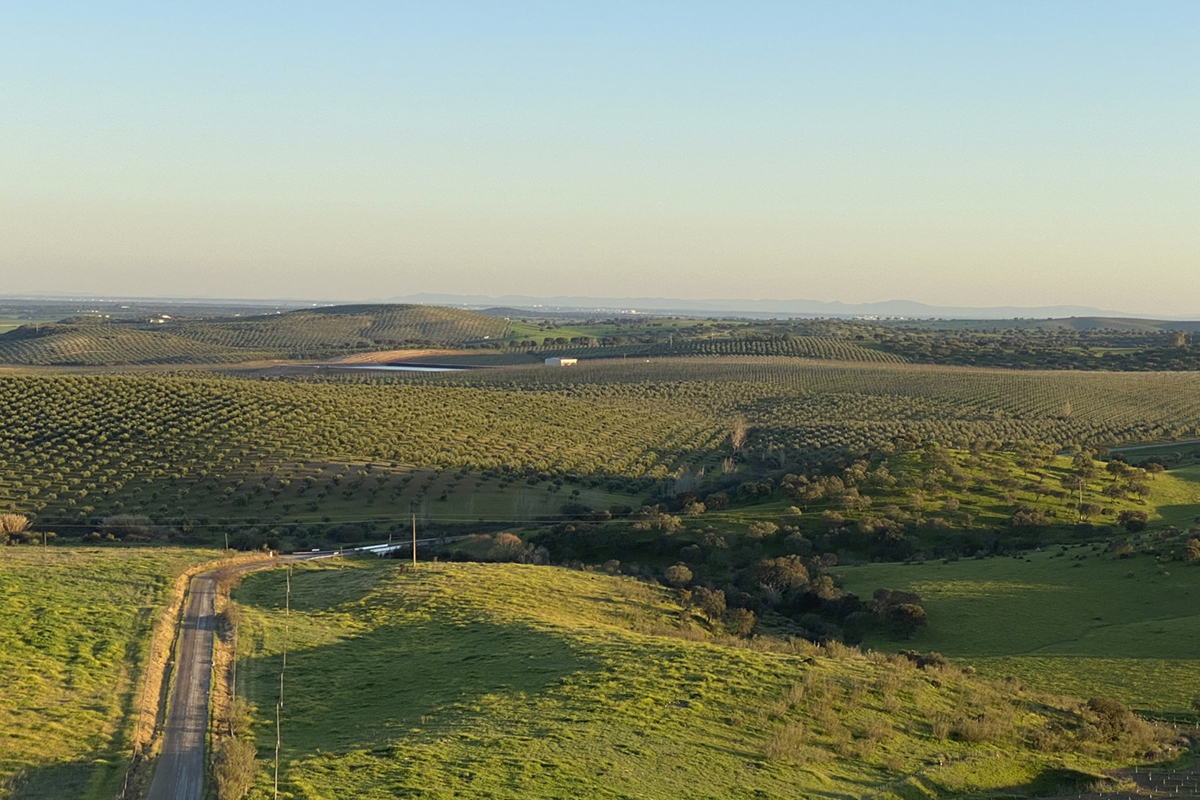
Agriculture and forestry in harmony with nature offers more than impact – especially now that inflation is out of control, according to Paul McMahon of SLM Partners. His firm invests in regenerative businesses across the globe. ‘Right now, the returns compared to conventional farming methods are at least as high, if not higher.’ The ASN Biodivesity Funds invests in his vision.
Alfonso Chico de Guzmán represents the fifth generation of his family to farm at the site of La Junquera in Murcia, southern Spain. More and more people have been moving away from this arid district, leaving the desert to take full advantage of erosion and depletion of the soil.
Drastic change of course
A few years ago, this made Alfonso realise that a drastic change of course was in order. He decided to adopt a system of regenerative agriculture. This is a type of agriculture that does more good to nature than harm, helps it to recover and boosts the quality of the soil. Alfonso now grows his almond, pistachio and olive trees alongside other indigenous plant species, uses natural rather than artificial fertiliser and has reduced water consumption to a minimum. He has also introduced new and more varied plants to combat desertification in the surroundings of his orchard. His farming operation is fully organic certified.
In addition to improving the quality of the depleted soil, Alfonso is now generating more solar energy at the site than he needs, so his business has a positive energy balance. Thanks to funding from the SLM Silva Europe Fund, an investment fund dedicated to regenerative agriculture and forestry, he will now be able to expand his operation by 300 hectares. The ASN Biodiversity Fund is a participant in this fund.
Beter than conventional agriculture
‘There are better ways to practice agriculture than the conventional ones, and entrepreneurs like Alfonso are putting them into practice,’ claims Paul McMahon, who manages the SLM Silva Europe Fund. ‘They’re proving that regenerative agriculture works, that it enhances biodiversity and that it’s profitable. The only thing left to do is to raise funds for expansion – which is where we come in. We’re in the business of developing investment strategies to accelerate change.’
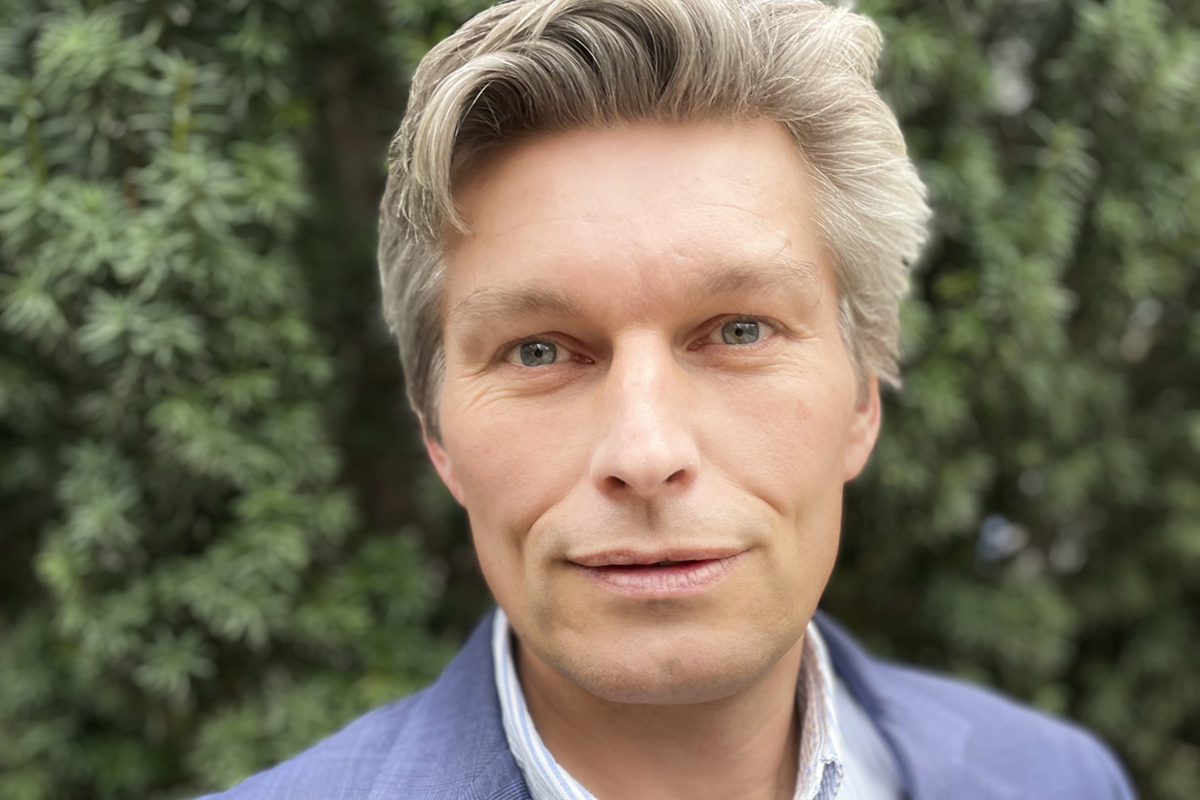
Paul McMahon, Managing partner SLM Partners
Contributing to systemic change
In 2013, McMahon authored the book Feeding Frenzy about the failure of the current food system: we are depleting the soil to feed the world population, but the non-sustainable ways in which we do so threaten our future food security. With the SLM Silva Europe Fund, he is putting his money where his mouth is by investing in systems that actually contribute to biodiversity and whose activities are not harmful to nature.
‘Our objective in doing so is to help bring about the systemic change that is needed to ensure sufficient natural raw materials and food for a growing world population. That said, I keep two things in mind in everything I do: not just the impact of business, but also their profitability’
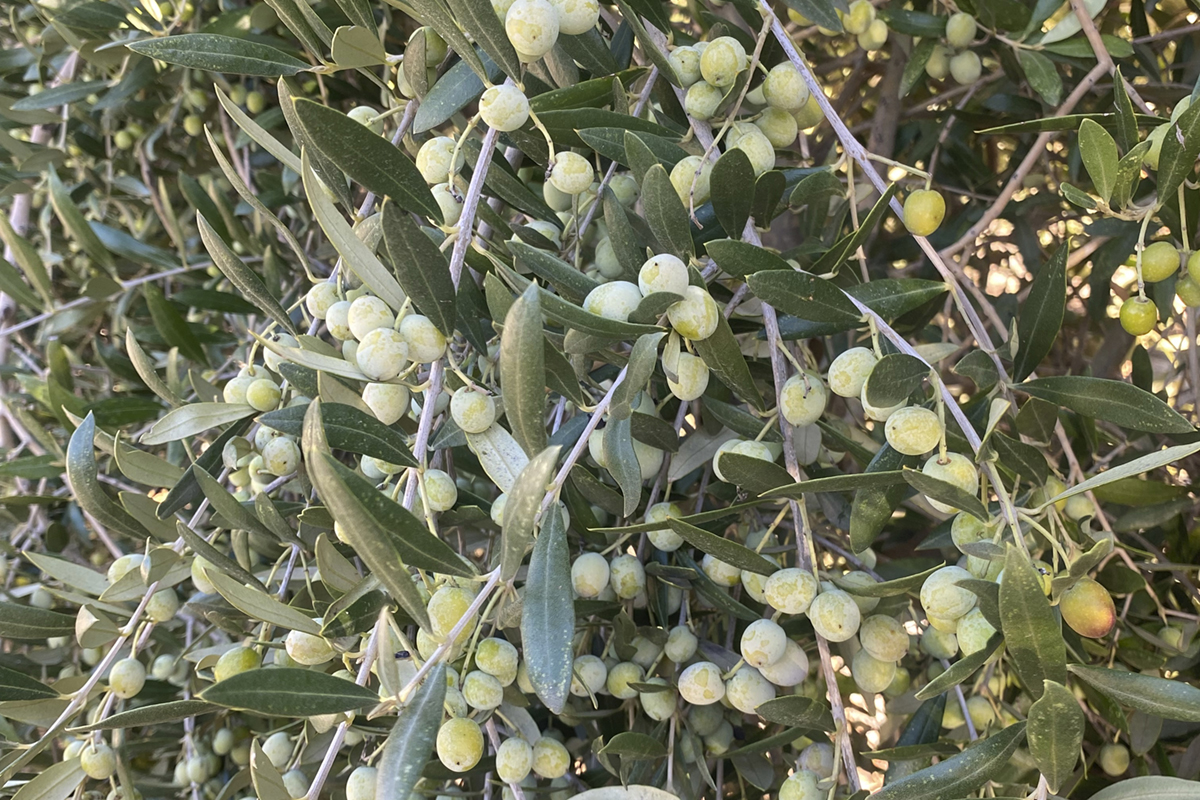
Returns in line with market conditions
The system that Alfonso has adopted in Murcia is a perfect fit for McMahon’s twofold ambition. ‘Another plus is that it’s more financially efficient than conventional agriculture, thereby ensuring returns in line with market conditions. Financially speaking, there’s simply no downside.’
Practitioners of regenerative and organic agriculture limit the use of artificial fertiliser or chemical pesticides. Instead, they are more likely to fertilise and protect their crops with what nature has to offer. This saves money – particularly in view of the current energy and raw material prices – and increases their profits.
In McMahon’s view, another advantage of genuinely sustainable production is that the products can be sold at higher prices. ‘At this moment in time, organic almonds and corn yield twice the price of their conventional counterparts.’
Conventional agriculture under serious threat
A third reason why he is so taken with regenerative agriculture is that it makes farmers better able to cope with drought and flooding, both of which may be consequences of climate change. ‘To conventional agriculture systems, those two factors present a serious threat. Speaking of threats: agriculture businesses that fail to move with the times will find themselves exposed to another business risk in the form of environmental legislation, which is expected to become ever more stringent.’
The investment in an orchard property in Murcia alongside Alfonso is the first that McMahon’s new fund concluded last year. The SLM Silva Europe Fund is a natural real assets fund that invests in forestry and orchards in a number of European countries.
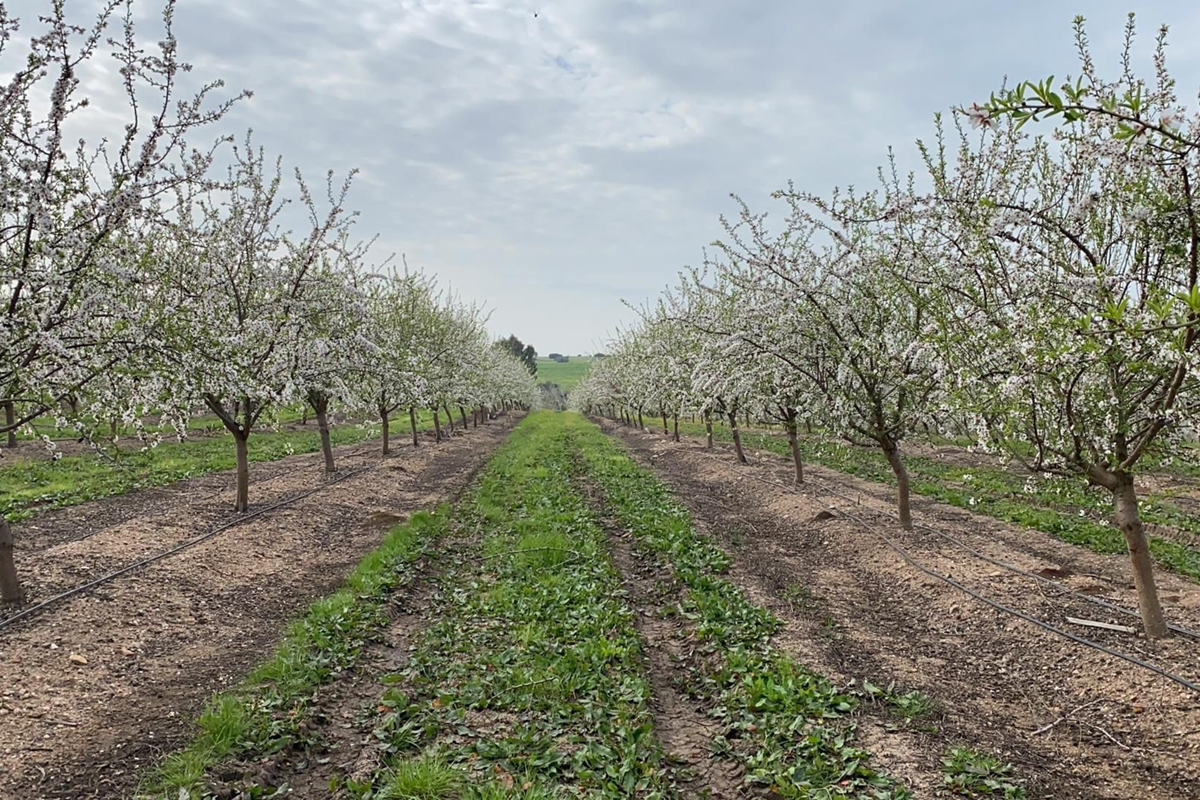
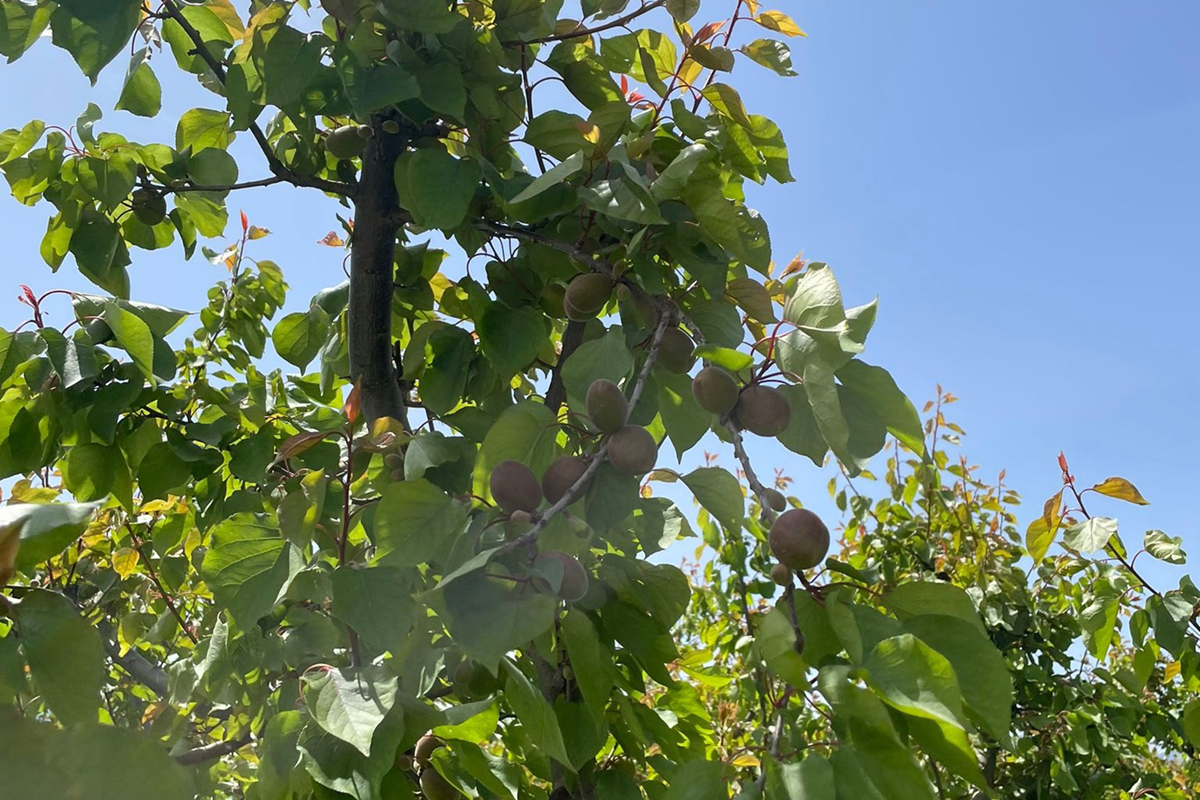
‘Agriculture businesses that fail to move with the times will find themselves exposed to another business risk in the form of environmental legislation, which is expected to become ever more stringent’
Logging as a coupon rate
SLM Partners has been investing in forests for a while now, mainly in the Republic of Ireland. These are also managed as naturally as possible, using a system known as Continuous Cover Forestry. ‘What we don’t want is a monoculture, in which you plant only a certain type of tree, and cut everything down after 35 years. That’s a destructive practice and entails many hidden risks. By contrast, we harvest gradually. See it as the coupon rate on a bond.’
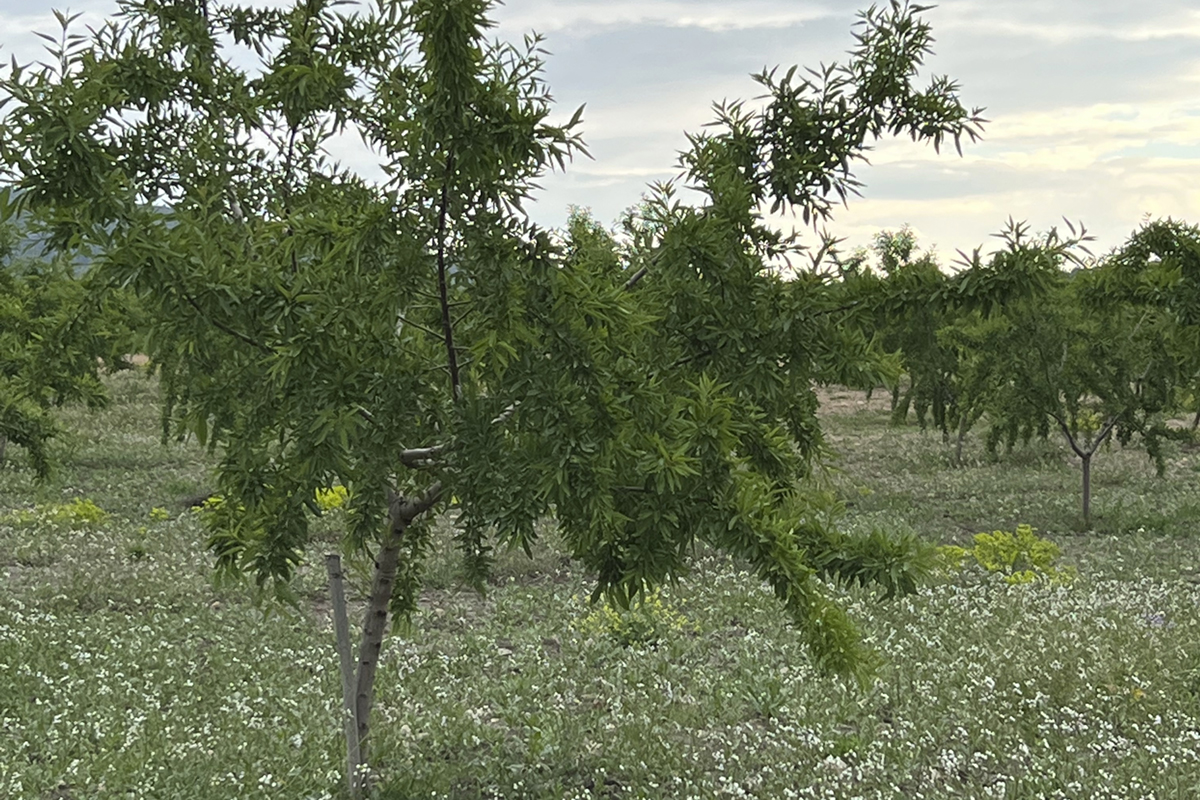
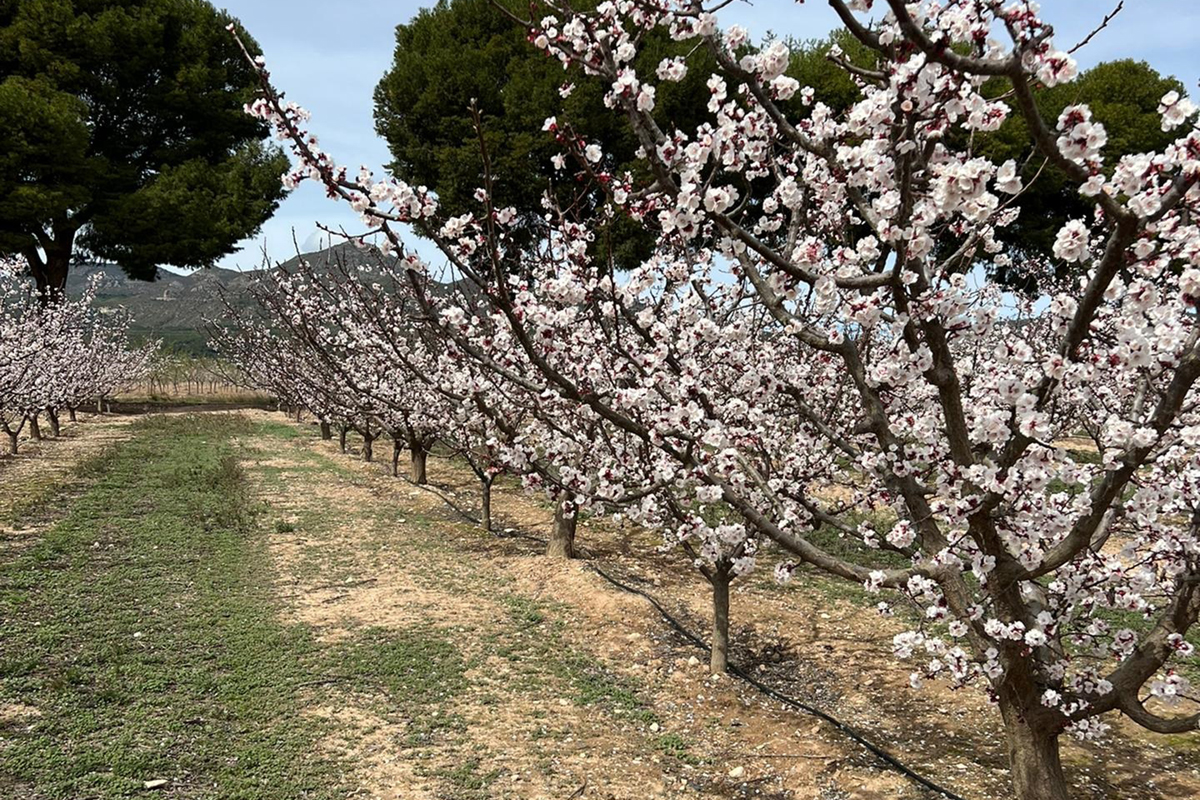
The trees in SLM Partners’ forests are allowed to grow longer, with the ultimate aim of maintaining a forest ecosystem forever and promoting natural regeneration of new trees. ‘The price of wood is the same as from other forestry operations, but you still reap the benefits of low costs because there’s no need to plant on a large scale. The wide variety of tree types lowers the risks posed by disease and storm damage. Besides, a natural forest is much more appealing to local communities and visitors than a monoculture plantation.’
'Yes, we want to make an impact, but there has to be a sound financial return as well'
Maximum impact for every euro
Although the SLM Silva Europe Fund was only established in 2022, McMahon had been scouring the continent for investment opportunities for years. ‘We’re very picky. Yes, we want to make an impact, but there has to be a sound financial return as well. Land prices in some countries are high, which depresses the proceeds. Moreover, we want every euro we invest to have maximum impact. In Portugal and Spain, McMahon found what he was looking for: orchards with almond, pistachio, walnut and olive trees, as well as forests with cork oaks. There, his money could both make a difference and yield solid returns.
A hint of the Netherlands
Alfonso’s La Junquera is one of the businesses involved. By the way, there is a hint of the Netherlands about this family farm’s transformation: Alfonso is married to a Dutch woman and, as a result, he visits the Netherlands regularly. This is how he came into contact with Commonland, a Dutch organisation that promotes regenerative agriculture worldwide using a system also found in Spain (see box).
Since coming on board, Alfonso has become a figurehead of the movement in his home country. His estate, or finca, is popular with visitors looking to be taught at his Regeneration Academy, research his methods or seek inspiration. Now that it employs more workers than ever, the finca also contributes to meeting another key target of the Commonland system: making a positive social impact.
REGENERATIVE AGRICULTURE, THE COMMONLAND WAY
The ultimate aim of regenerative agriculture is to boost natural resources rather than deplete them. This innovative agricultural practice is mainly geared towards improving the quality of the soil. To this end, farmers till their land very rarely or not at all, rotate crops often, use grazing cattle and plant additional trees. Regenerative farmers also devote extra attention to a balanced water regime. If practised correctly, regenerative agriculture captures more carbon in the soil as well, thus making a significant contribution to the fight against climate change.
Since 2013, Dutchman Willem Ferwerda’s Commonland project has put its own twist on regenerative agriculture with its ‘4 Returns framework’. Ferwerda’s model is not just about a return on investment, but also about natural and social returns and a ‘return of inspiration’. The benefits of the 4 Returns framework include profits for investors, biodiversity regeneration, soil recovery and new employment opportunities in rural areas. Ferwerda says he is inspired by a sense of purpose, meaning and hope that things can be different. In recent years, the Commonland approach has been adopted at sites in southern Spain, South Africa and Western Australia. In the latter case, it has even led to a listed company: Wide Open Agriculture, in which the ASN Biodiversity Fund also invests’.
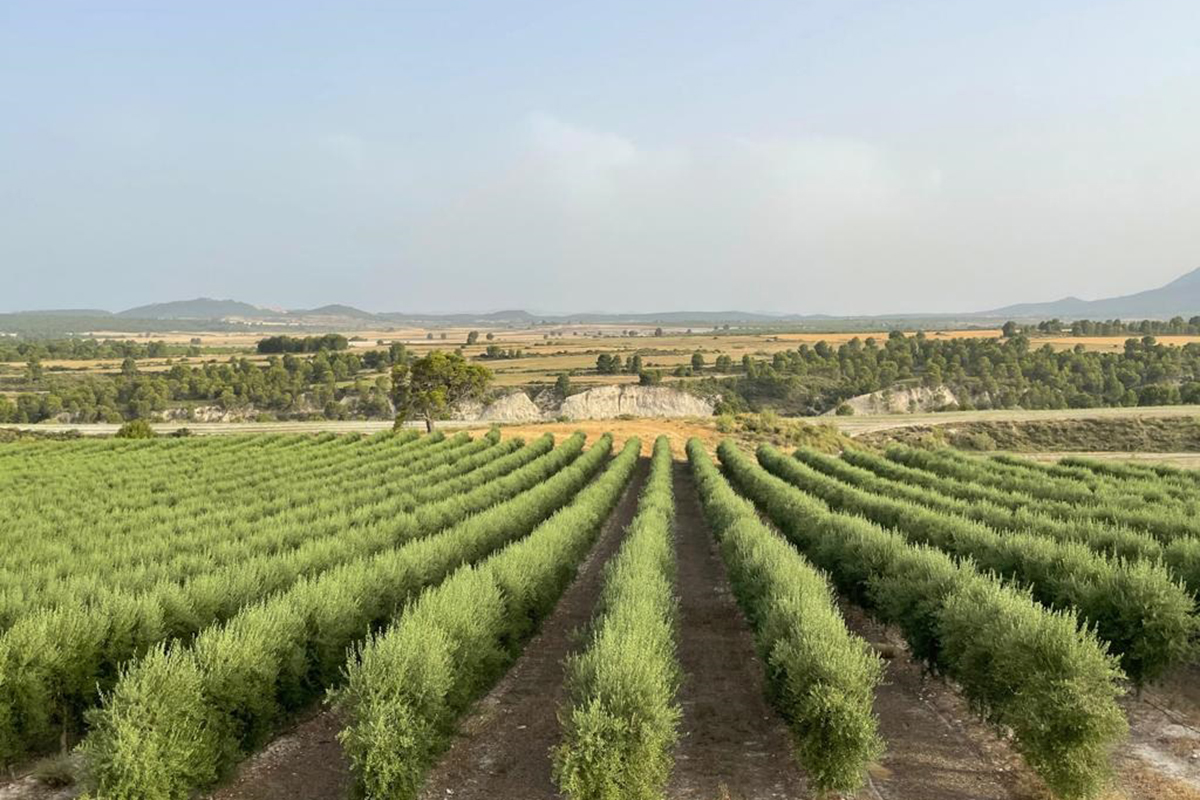
Boots on the ground
Thanks to the SLM Silva Europe Fund, Alfonso has the money he needs to expand his regenerative business. The fund will purchase orchards that are not yet managed sustainably and provide finance for new tree planting and other improvements. Alfonso will bring his team and expertise and take over management of the properties. After that, it will take another three years for the orchards to be certified organic.
‘We want to accelerate this change, but are modest enough to know that we don’t have an answer to everything,’ McMahon says. ‘That’s why we’re relying on local entrepreneurs like Alfonso. They’re the boots on the ground who will continue the development of these innovative systems. Our job is to design an investment strategy to make sure that they’re able to scale up. Hopefully, we’ll be able to copy this approach elsewhere and find many more people who, like Alfonso, are willing to switch to regenerative agriculture. Because that’s our broader mission: to scale up ecological and regenerative land management approaches that are proven but not yet mainstream. We believe that we can only achieve truly sustainable financial returns if we are enhancing natural capital.’
Return for nature
His funds strives for impact across five major themes: reversing land degradation and building healthy soils, improving species diversity on farms and in forests, increasing water use efficiency and reducing pollution of waterways, turning landscapes into carbon sinks and increasing resilience to climate extremes and revitalizing rural communities while growing safe, healthy products for consumers. While McMahon has no problems calculating the financial returns on wood, almonds and olives, he readily admits that the benefits for nature are more difficult to assess. ‘Like nature itself, this takes time. The next five to ten years will see the development of ever more sophisticated measuring methods. In the meantime, we’re carrying out baseline measurements to record the current quality of the soil and the amount of carbon that is being captured. But it doesn’t take a genius to work out that, if you stop using chemical pesticides and set a quarter of your land aside to let nature run its course, the effect on things such as bird and insect life will be enormous.’
By partnering with Regeneration Academy, Alfonso and SLM Partners are hosting students on the farm, most of them are from Wageningen University in the Netherlands. During their stay, the students can use the farm as a case study to explore the impact of Alfonso’s regenerative practices on biodiversity on and around the farm, soil health, water and rural communities.
Inflation-proof
McMahon’s current success is proof that his fund’s strategy is well able to cope with inflation. ‘We achieve our returns on commodities, in this case wood from Europe. The prices of these products have gone through the roof, which benefits our strategy. The same is true for artificial fertiliser prices, but that has had no effect on our farmers. That’s the advantage we offer, and it highlights the danger of relying on products derived from fossil fuels.’
Still, the prices of raw materials will go down again sooner or later, right? ‘For sure, but the need to adopt more sustainable production methods will remain. In the case of products such as wood and almonds, there’s also a desire to source them more locally. Right now, most of our almonds are produced in California. Carbon footprint aside, a staggering amount of water is being used for this – and that in an area under threat from water shortages.’
McMahon predicts a golden future for forestry and the raw materials derived from it. ‘There’s already a huge demand for building materials with a low carbon footprint, and this is only set to increase further. In that regard, wood products are impossible to beat. Our Irish forests are a source of wood fibre, which are used in such products as fibreboard and doors. There are also new types of structural laminated timbers that have proven suitable for buildings up to 20 storeys high. Using wood products in buildings makes it possible to capture carbon in vast amounts – carbon that would otherwise be emitted during the production of concrete and steel. The next breakthrough will be the complete replacement of those materials with wood and wood fibres.’
Facts & figures
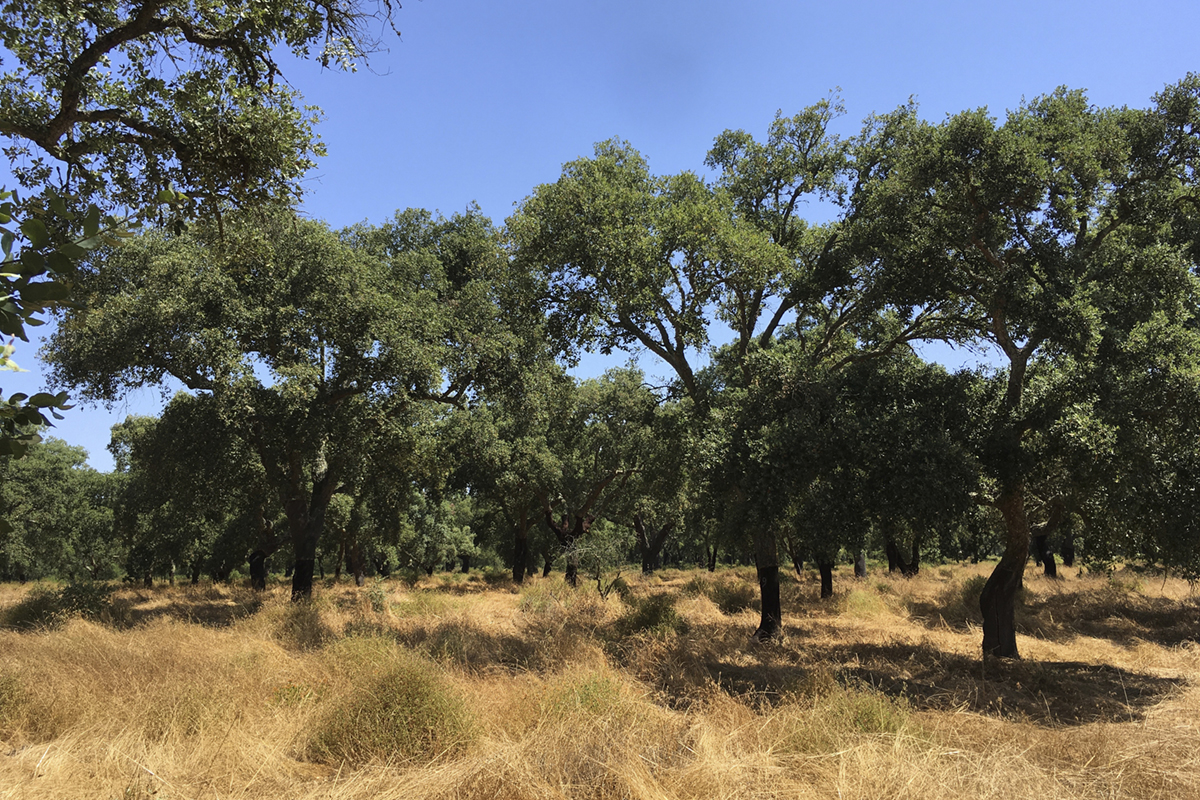
Globally, SLM Partners manages assets worth 435 million dollars. These are spread out across Australia, the US and Europe. This equates to a total of 450,000 hectares in forests and agricultural land. Its first activities in Europe took place in the Republic of Ireland in 2018 and were partially funded by the European Investment Bank (EIB). The SLM Silva Europe Fund, which is dedicated to forestry and treenut and olive orchards, is the firm’s second European fund.
More information?
Nick Brugman looks forward to help you with questions about the ASN Biodiversity Fund.
Contact our Head of Third Party Distribution Nick Brugman directly via:
nick.brugman@asnimpactinvestors.com